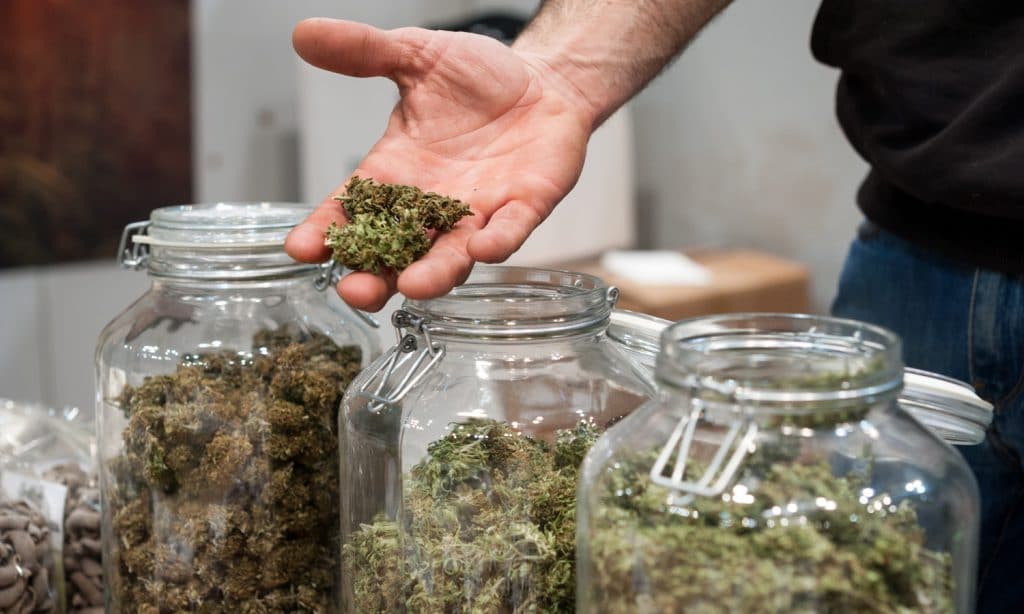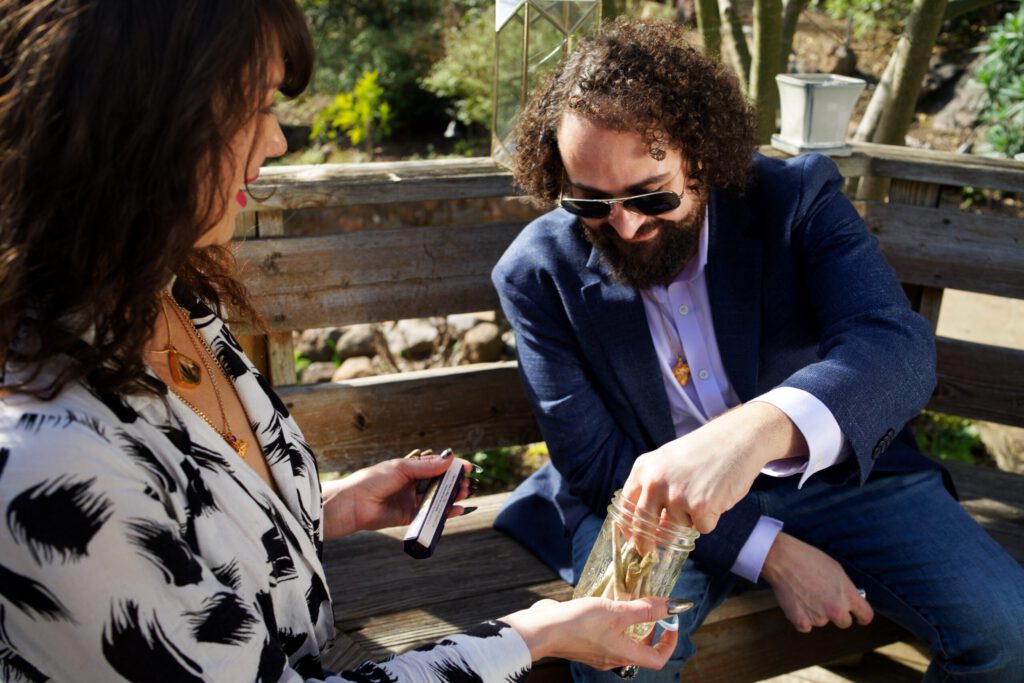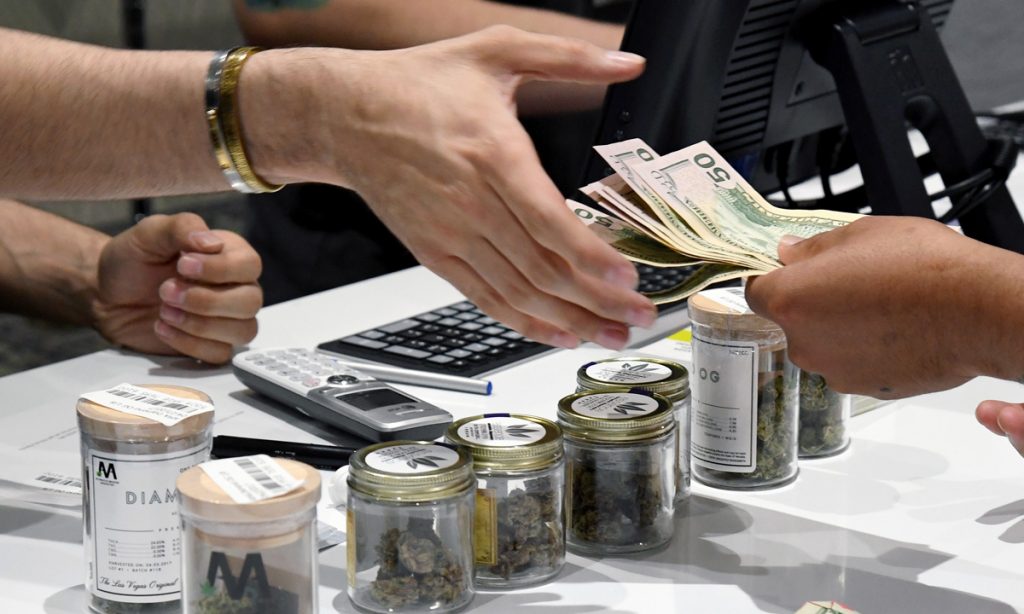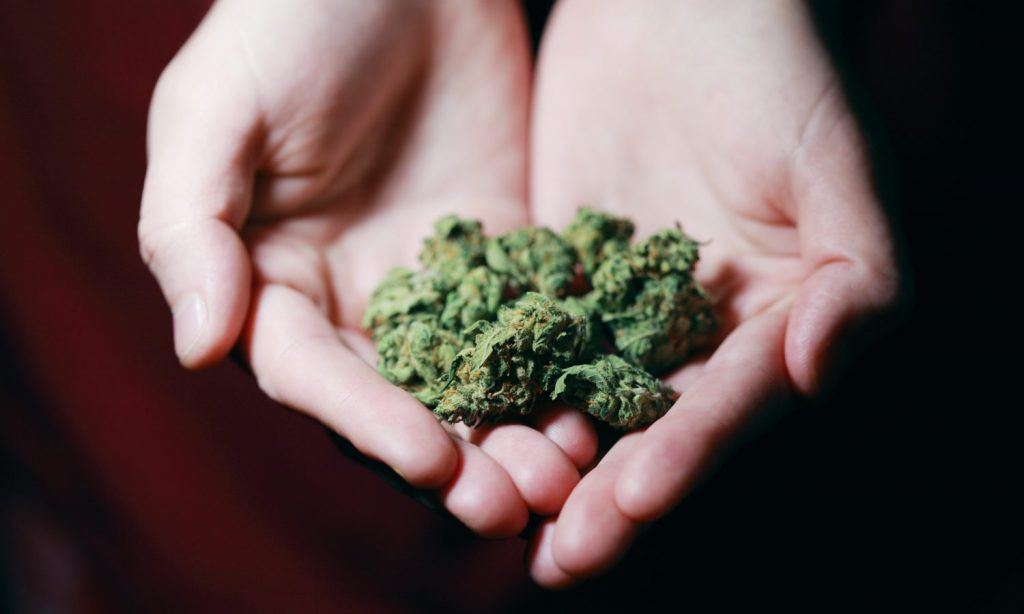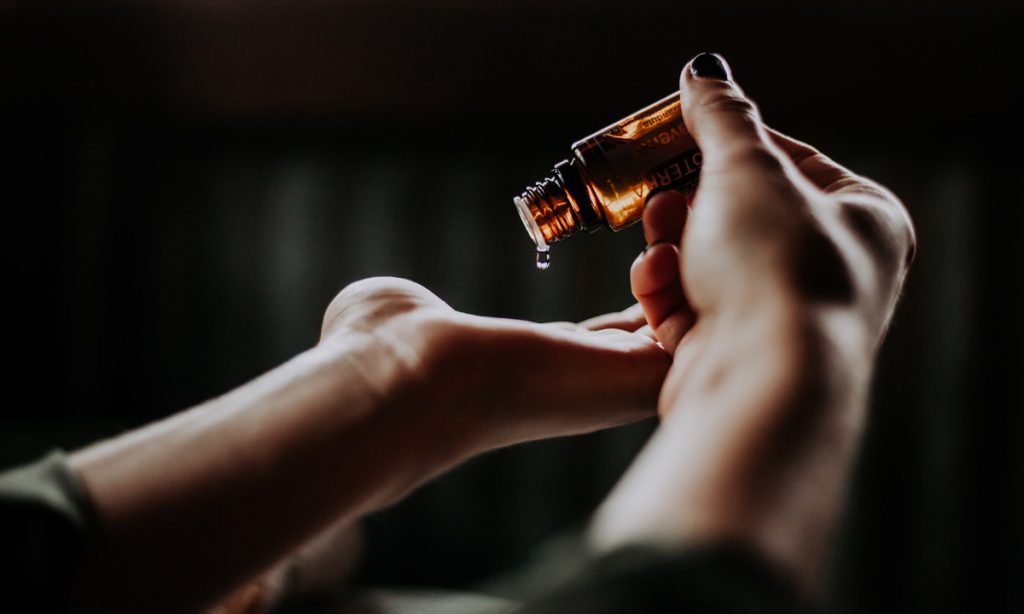Marijuana legalization has gone mainstream. In November, voters in four states approved recreational cannabis, and legislators in Virginia, New Mexico, and New York followed suit in early 2021, sending bills to all three governors' desks.
But the term legalization obscures vast differences in how states regulate marijuana businesses and consumption. Oklahoma arguably passed the most free market medical marijuana rules among the states. Michigan's recreational marijuana regulations largely embrace free and open markets, while Colorado's have steadily liberalized since legalization. Unfortunately, most other states are choosing highly restrictive market structures that undercut their ability to foster economic growth and quash the black market (we're looking at you, California!).
Wielding statutes such as possession limits, allowance for home growing, tax levels, licensing regimes, and testing and labeling requirements, states are targeting real political problems or imagined market ones. But such wrangling ensures that legal markets lose out to black markets. Even in polite Canada, only 28 percent of cannabis consumers buy legally, possibly beating out some U.S. states. Here are the four biggest mistakes states make, time after time, when creating legal marijuana markets.
1. Caps on Licenses
Most states where marijuana has been legalized arbitrarily cap how many businesses can be licensed to grow, manufacture, or sell. Advocates justify these caps to limit excess supply from bleeding into black markets, despite every recreational marijuana program's extensive state-monitored inventory tracking, which uses radio frequency identification on every plant or package and mandatory continuous video surveillance. If each product from every licensed facility is tracked, why cap licenses?
A more pernicious motivation may lurk under the surface: excluding aspiring competitors. In Nevada, which permits only 120 dispensaries statewide, regulators accepted bribes from applicants, then manipulated the application process in those applicants' favor. In Illinois, which permits only 30 cultivators in a state with more than 11 million residents, license caps created systemic shortages, raising prices well beyond those found on the black market.


